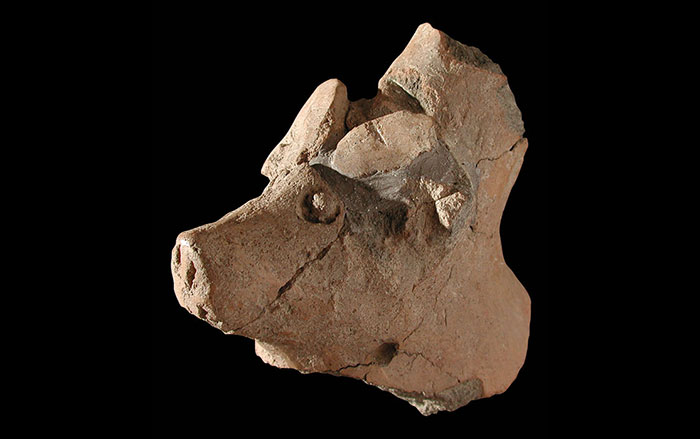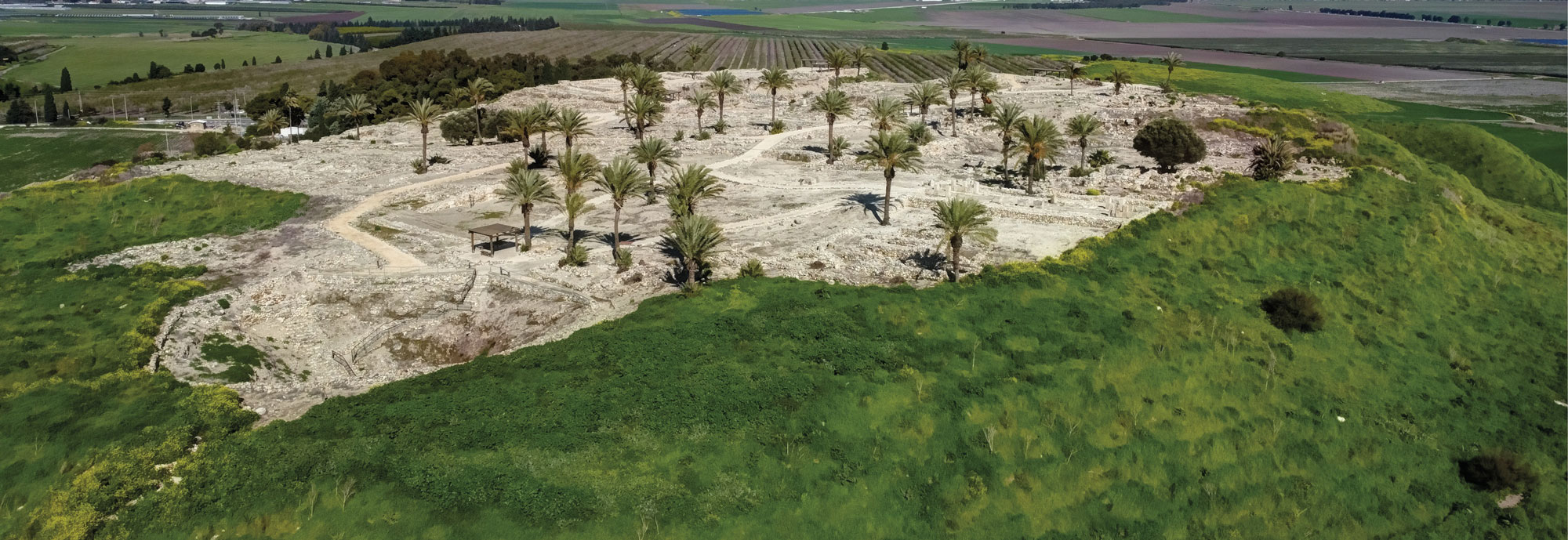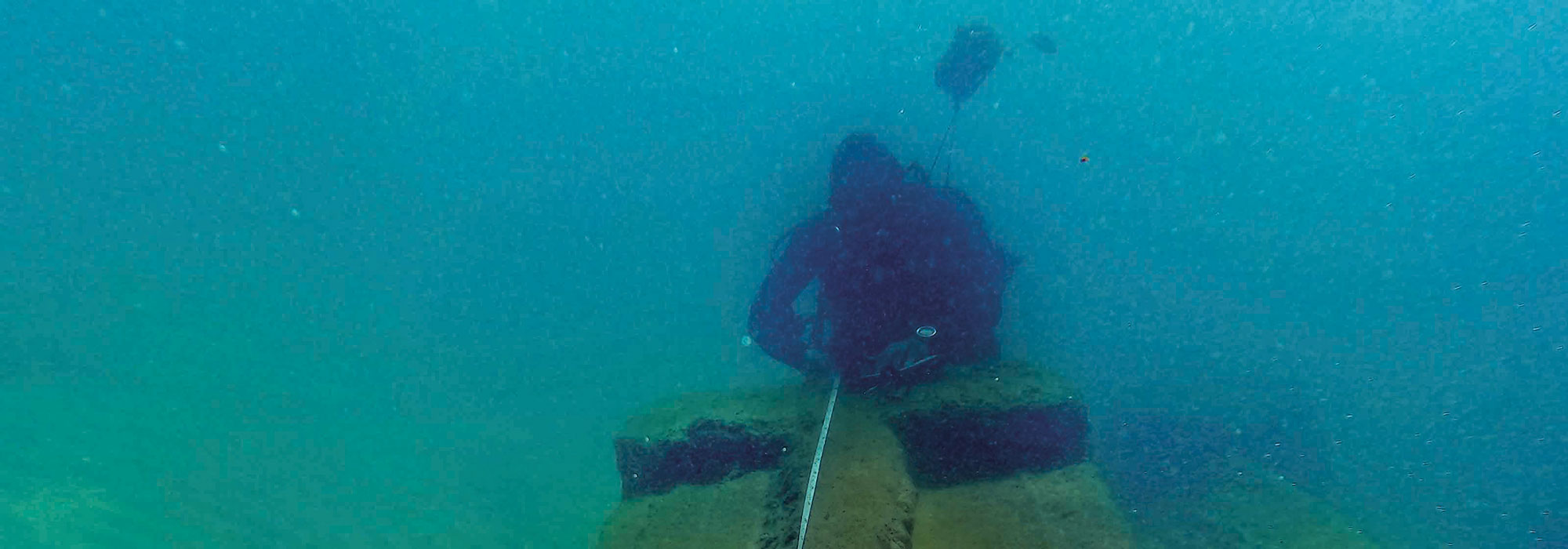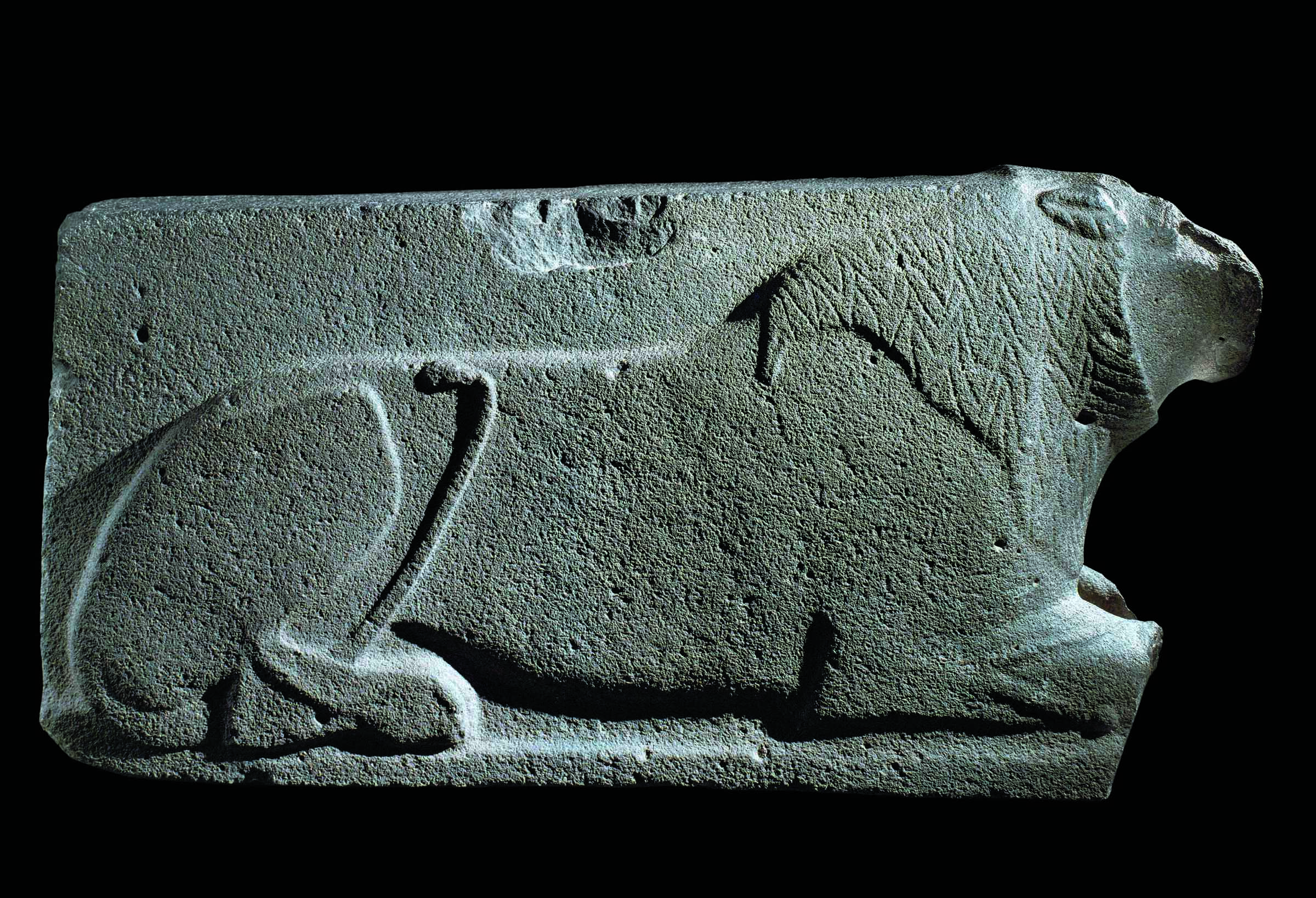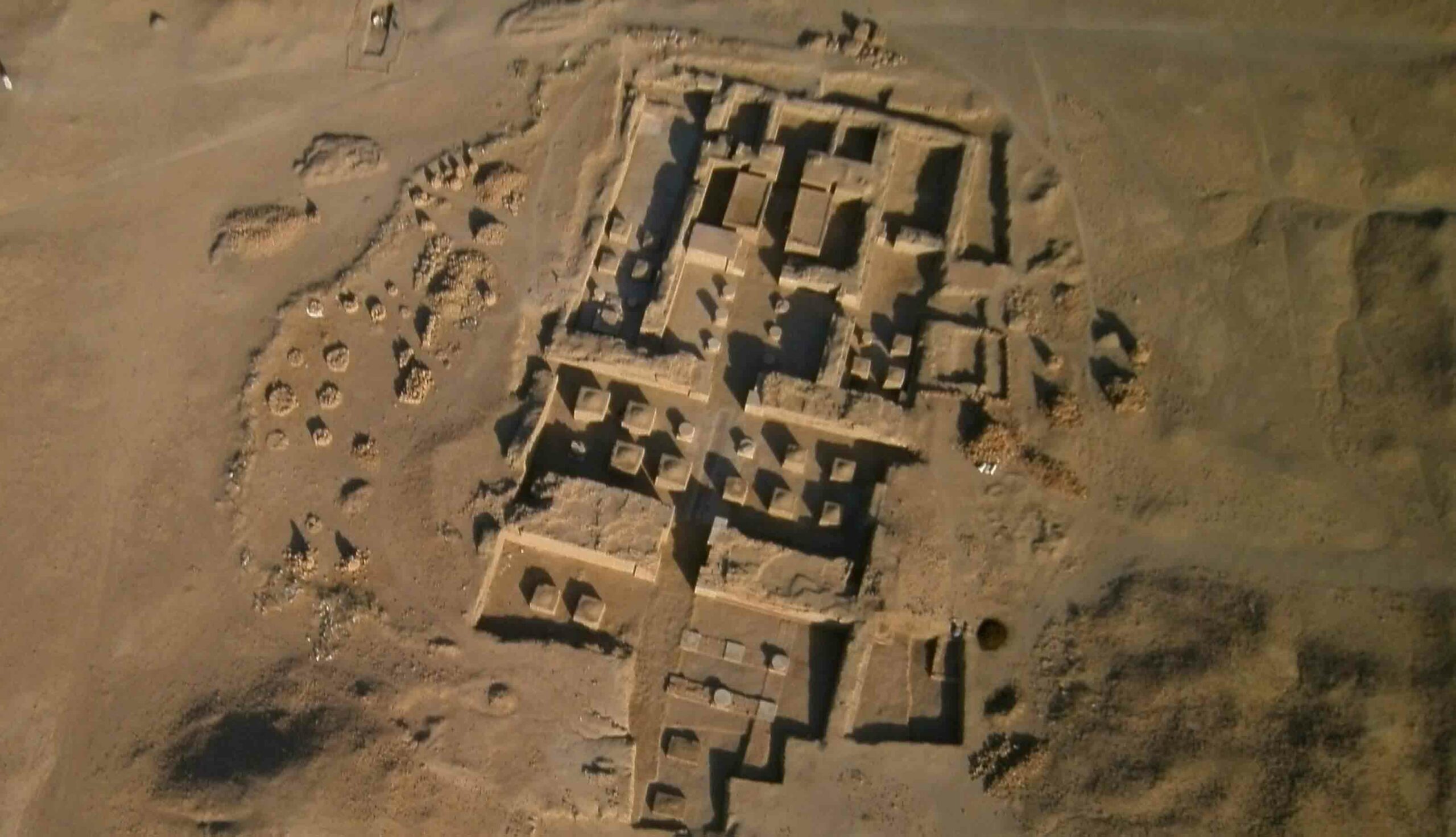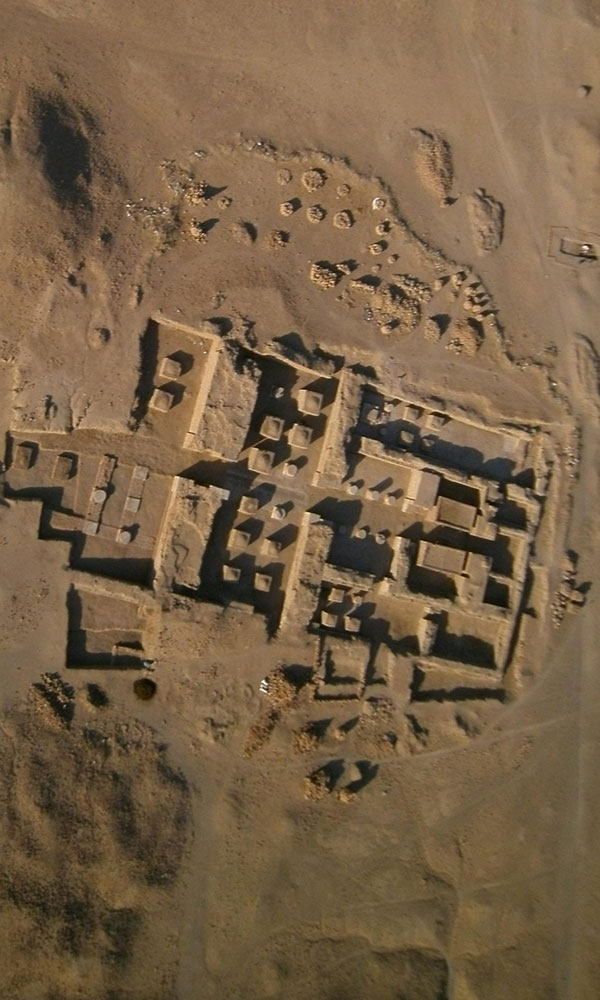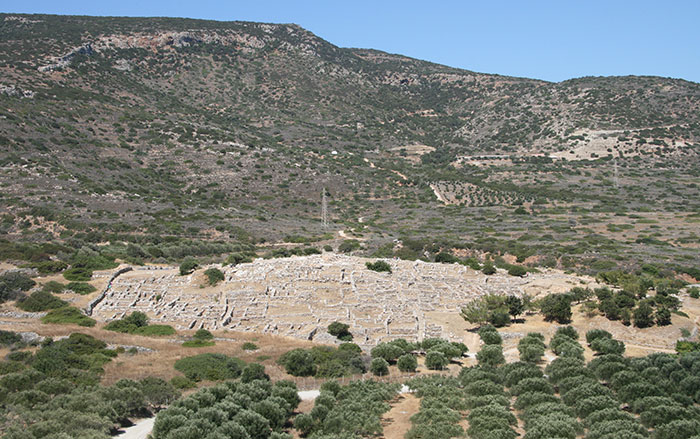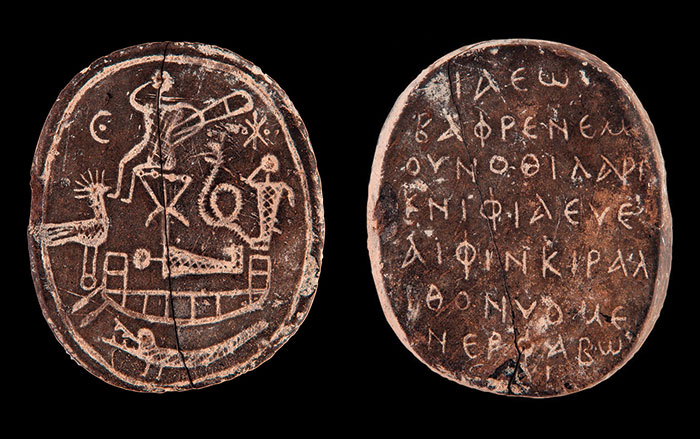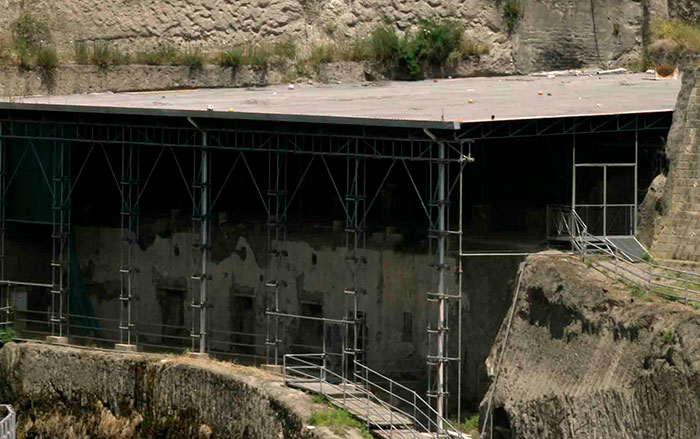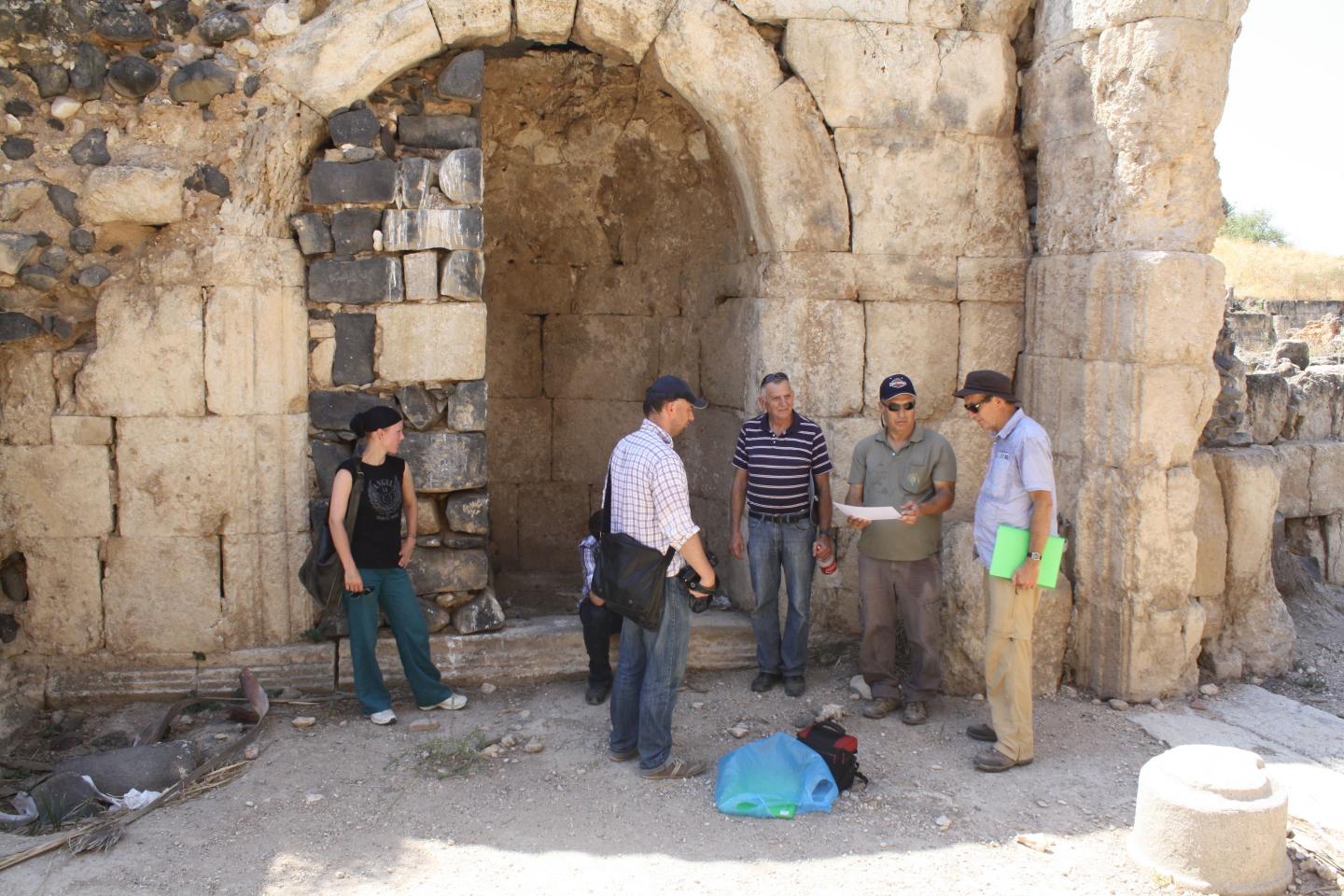
MAINZ, GERMANY—The Cultural Preservation Program of the German Federal Foreign Office has provided Johannes Gutenberg University with a grant for the restoration of Khirbat Al-Minya. The early Islamic caliph’s palace, located on the shores of the Sea of Galilee, was built by Caliph Walid I (ruled A.D. 705-715), with white limestone on a lower course of black basalt. The complex includes one of the oldest mosques in the region, which was damaged by a severe earthquake a few years after construction began. “Every year we have been witness to the gradual deterioration of the palace. By backing the project financially, Germany is assuming responsibility for an important archaeological site that would not have been excavated without the German initiative in the 1930s. At the same time, we are supporting the work of the Israel National Parks management, our students have the chance to gather practical experience in archaeological conservation, and we are also setting an example within the archaeological community for a dialog with Islam,” Hans-Peter Kuhnen of Johannes Gutenberg University said in a EurekAlert press release. To read more about archaeology in the region, go to "Rebuilding Beirut."


